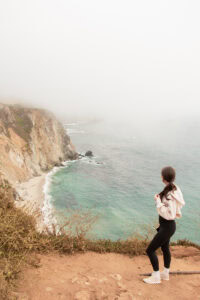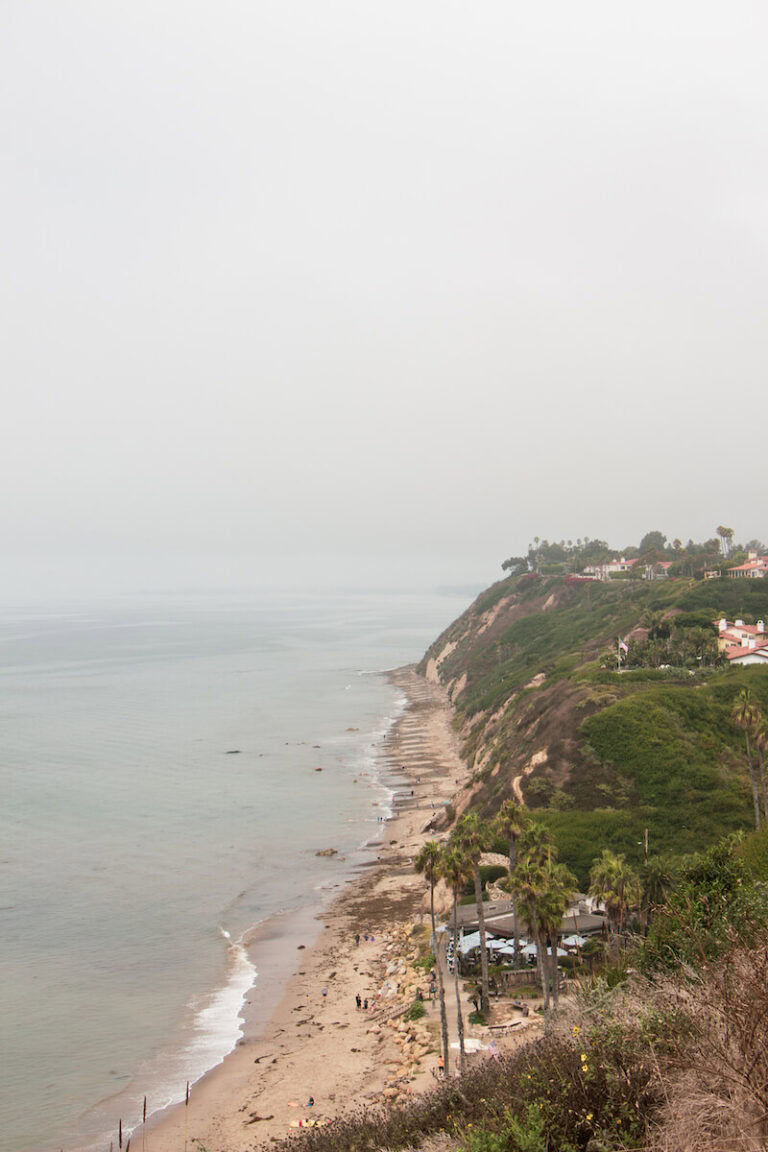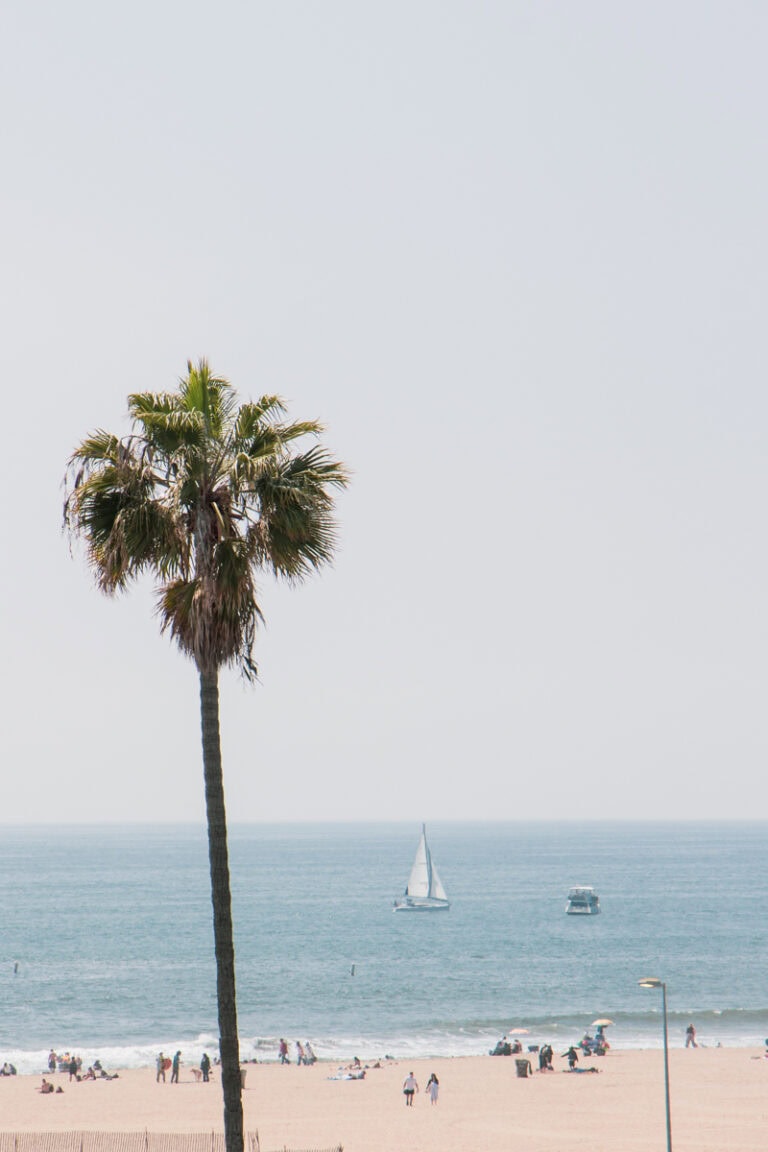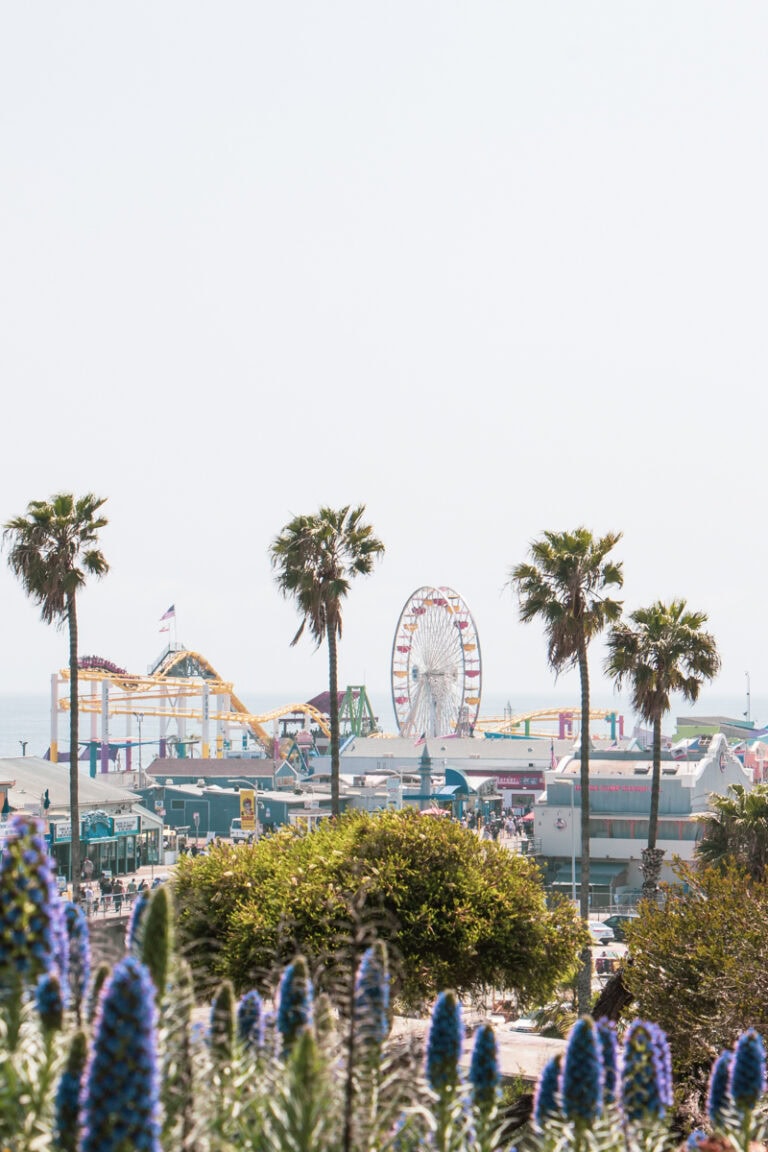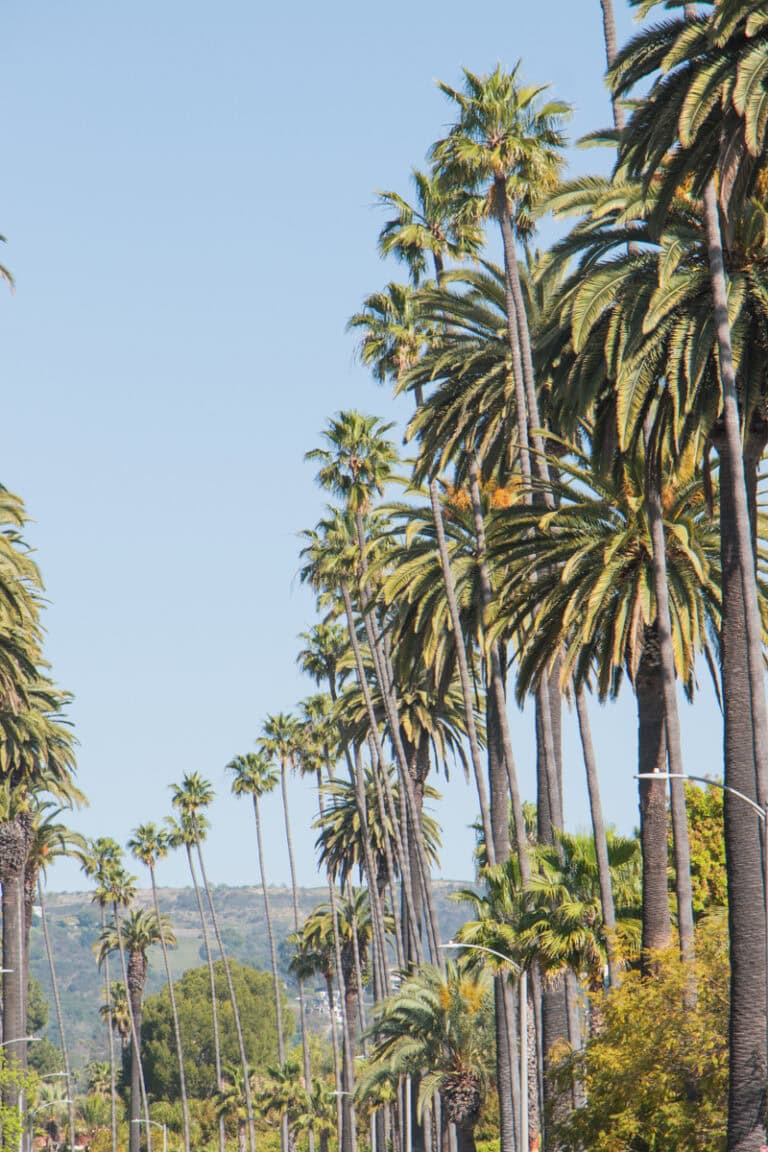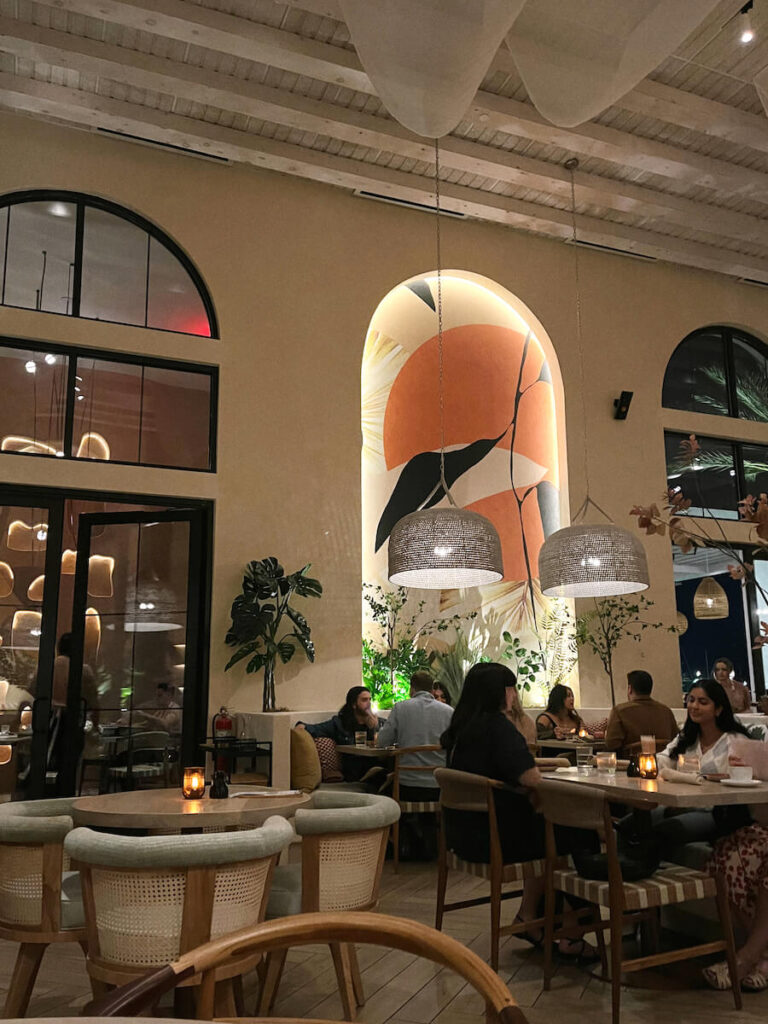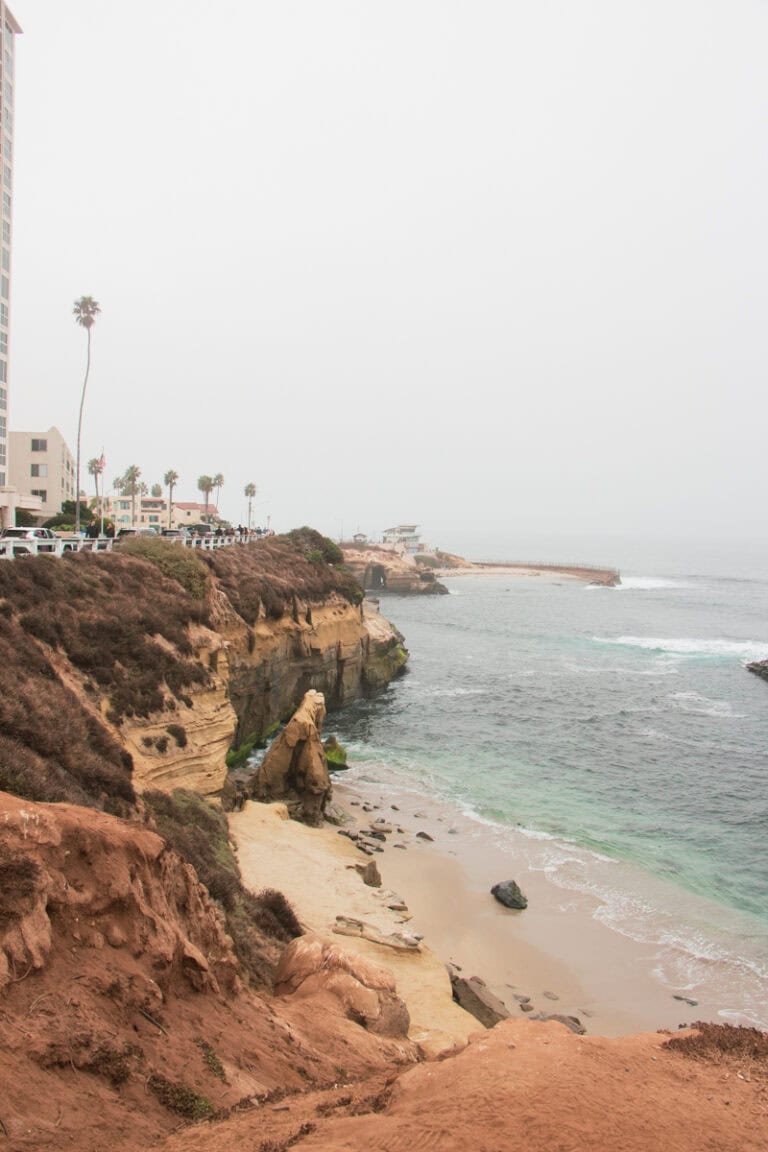The Best Time to Visit Big Sur: Season-by-Season Guide
As someone who has visited during both peak and off-peak seasons, I can confidently say that there’s truly never a bad time to visit Big Sur. That said, there are definitely benefits and drawbacks to traveling through the area during certain times of the year. Here’s my comprehensive guide on the best time to visit Big Sur, with a breakdown of the things to keep in mind when planning a trip during each season.
Quick note: this page contains affiliate links, which means I may earn a small commission if you click on the URL and make a purchase (at no cost to you!). As an affiliate, I only recommend services and products from trusted partners I have thoroughly vetted and can genuinely recommend. Thank you!
The Best Time to Visit Big Sur, CA: Pros and Cons of Each Season
Let’s talk through the benefits and drawbacks of visiting this iconic Central Coast destination during different times of the year.
Visiting in the Summer
As you may expect, the summer is the peak season, which means you should be ready for crowds. Hotels and accommodations in Big Sur are typically most expensive during this time, and can book up relatively early – so be sure to secure your reservation ASAP! This remains true if you’re planning on staying nearby in Carmel-by-the-Sea or Monterey.
One factor that a lot of summer visitors don’t take into consideration is the coastal fog. This fog is heaviest during the summer. It typically burns off by the afternoon, and then returns in the evening. The fog can be somewhat unpredictable, but this was true during my most recent trip in July – the fog dissipated around mid-morning every day.
That said, once the fog does burn off, you can expect generally sunny and warm weather. Daytime temperatures typically hit the mid to high 70s in the summer. It does get cooler in the early mornings and evenings (typically dropping down to the low 50s), so be sure to bring layers.
The summer is a great time for whale watching. Pacific gray whales move through the area from June through October, so you have a good chance of spotting them from one of the viewpoints along the Pacific Coast Highway.
If you’re planning a summer visit and will be there on a Sunday, I recommend stopping by Big Sur River Inn for their live music events. A musical guest performs every Sunday afternoon from May through October.
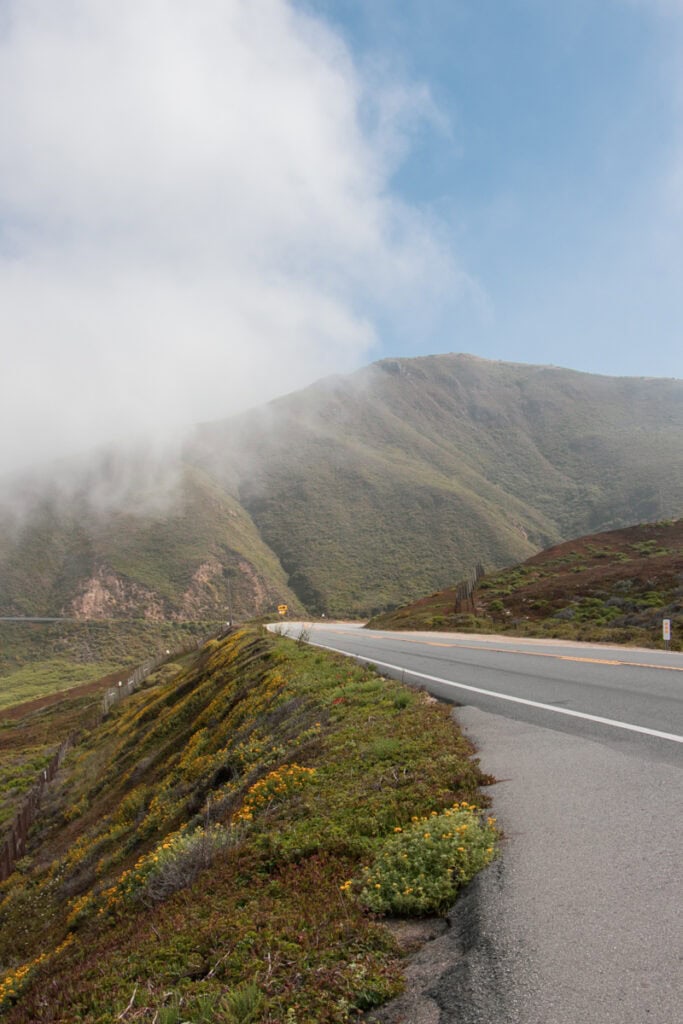
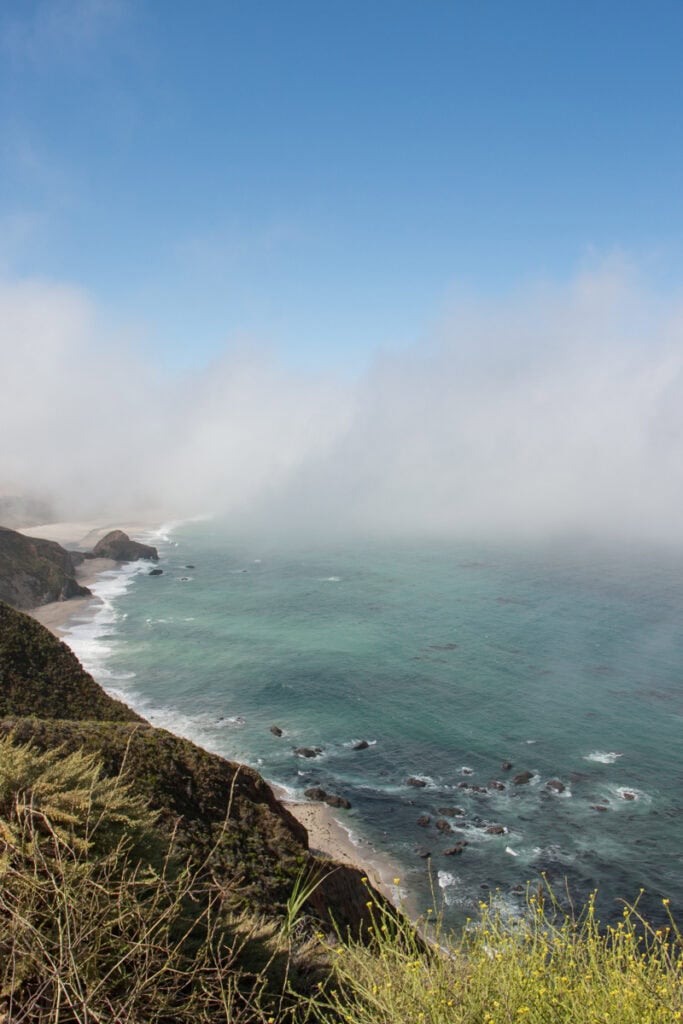
Visiting in the Fall
The fall – particularly the early fall – is easily the best time to travel to Big Sur. The weather tends to be warmest during this time of year, with daytime temperatures reaching the mid to high 70s early in the season (and dropping down into the mid 60s to low 70s during the later fall). This is truly perfect weather for exploring the top attractions in Big Sur! It will still be chilly in the early mornings and at night (typically dropping down to the high 40s to low 50s), so bring layers.
Besides the warmer weather, the coastal fog is also (typically) less prominent – meaning you’ll have better visibility. Plus, the summer crowds start to dwindle down. That’s not to say the region will be empty, but it will be relatively less busy compared to the months prior.
For all of these reasons, September through October is the best time of year to visit Big Sur. If you have flexibility, try to book your visit during these months! Later fall is also a great time to visit – just be ready for slightly cooler weather.
There are a few events during the fall to be aware of. The Big Sur River Run happens one day in late October. The Big Sur Food & Wine Festival occurs over a weekend around late October/early November, and the Big Sur Jade Festival occurs over a weekend in early November. Finally, there’s the Big Sur Grange Harvest & Crafts Fair, which is hosted on Thanksgiving weekend.
Visiting in the Winter
One of the biggest benefits of doing a Big Sur winter trip is that you won’t have to deal with big crowds. Since it’s off-peak season, you also may be able to snag a better deal on accommodations in Big Sur.
Of course, it’s going to be on the chilly side (especially in the evenings and the early mornings), so be sure to add a warm jacket and some layers to your Big Sur packing list. That said, coastal California winters are still relatively mild – you can expect temperatures to hit the low 60s during the day, and dip down to the low 40s at night. Keep in mind that the winter is also the rainy season in Big Sur, so make sure you pack a rain jacket, as well.
The winter is a popular time to visit for those interested in whale watching. Gray whales migrate through the area from December through April. I was able to spot some during my last winter trip around early December!
Beyond whales, this is also a great time to spot some sea otter pups. They are born from January through March, so keep an eye out if you’re visiting in this timeframe.
Here’s one more reason to visit during the winter: Calla Lily Valley! This valley in Garrapata State Park is in full bloom from late January to mid April.
One unique event that happens in the winter is the Big Sur Foragers Festival. This occurs over a weekend in late January.
Important note: rainy weather can trigger mudslides and road closures. It’s essential that you keep an eye on road conditions in Big Sur before you head out on your trip – especially if you’re visiting in the winter! I dive into more details on road closures and other key information you should know in my Big Sur travel guide.
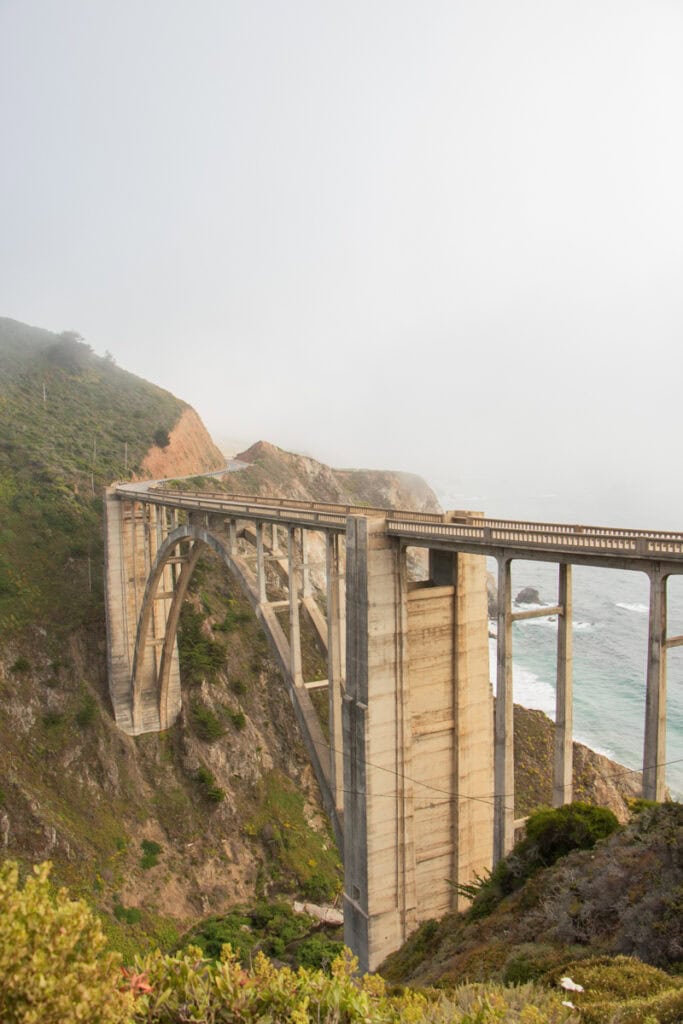
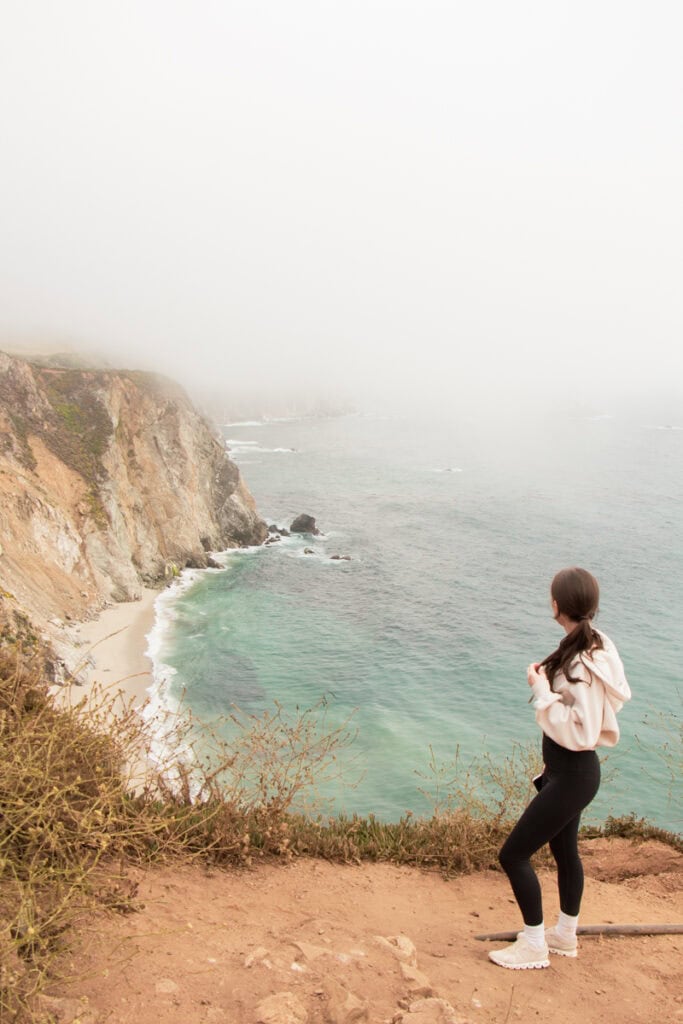
Visiting in the Spring
One of the biggest draws of visiting during the spring is the lush, green landscape. It’s also peak wildflower season – expect to see California poppies, lupines, and more. You may also be able to catch the tail end of the calla lily blooms!
Keep in mind that you may run into some rainy weather, particularly if you’re visiting in the early spring. That said, the spring generally has pleasant weather, with temperatures reaching into the mid 60s to low 70s during the day.
As is the case during all seasons, it gets chillier at night (typically dropping into the mid 40s), so don’t forget to pack some layers. Additionally, keep in mind that the coastal fog may start to arrive around the late spring (although it can be unpredictable!).
As far as crowds go, the spring does start to get a bit busier after the winter slump. That said, it’s still generally less crowded than the summer. This makes the spring (particularly the later spring) a great time to visit to experience comfortable weather and without the summer crowds. Just be sure to book your Big Sur accommodations in advance.
One major event that happens in the spring is the Big Sur International Marathon. It happens one day around late April.
Here are some additional travel guides to check out as you plan your Big Sur trip:
- Where To Stay When Visiting Big Sur: Best Areas + Hotel Recommendations
- The Best Things to do in Big Sur, CA
- The Perfect Big Sur Weekend Itinerary
- The Ultimate Big Sur Day Trip Itinerary: Perfect For First-Time Visitors
- The Ultimate 3-Day Big Sur, Carmel, And Monterey Itinerary
- The 5 Best Big Sur Viewpoints To Add To Your Itinerary
- The Complete Big Sur Travel Guide: What You Need To Know For Your Visit
- Big Sur Packing List: Everything You Need While Exploring The Rugged Coast
- Point Lobos State Natural Reserve: Where To Hike & What To Know Before Visiting
